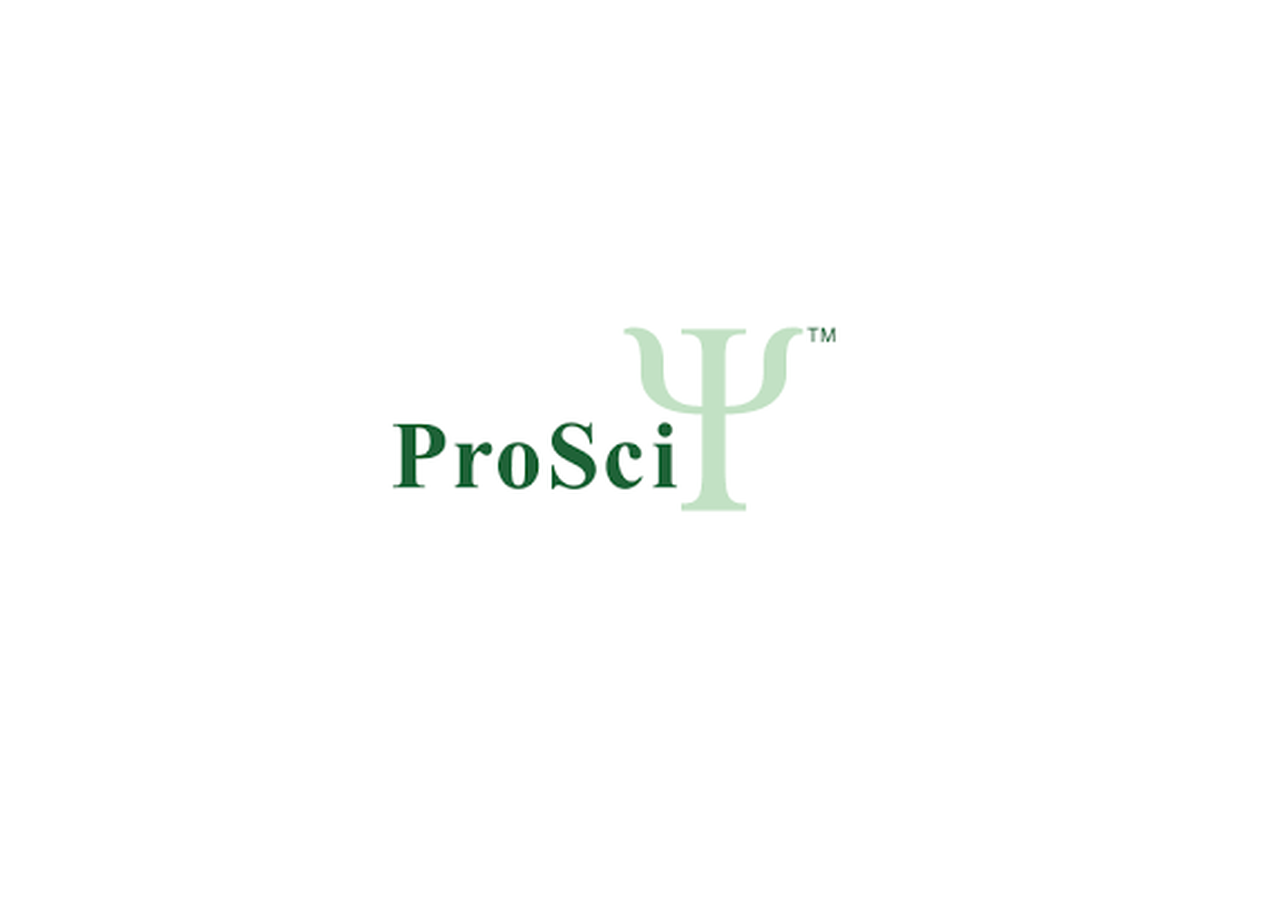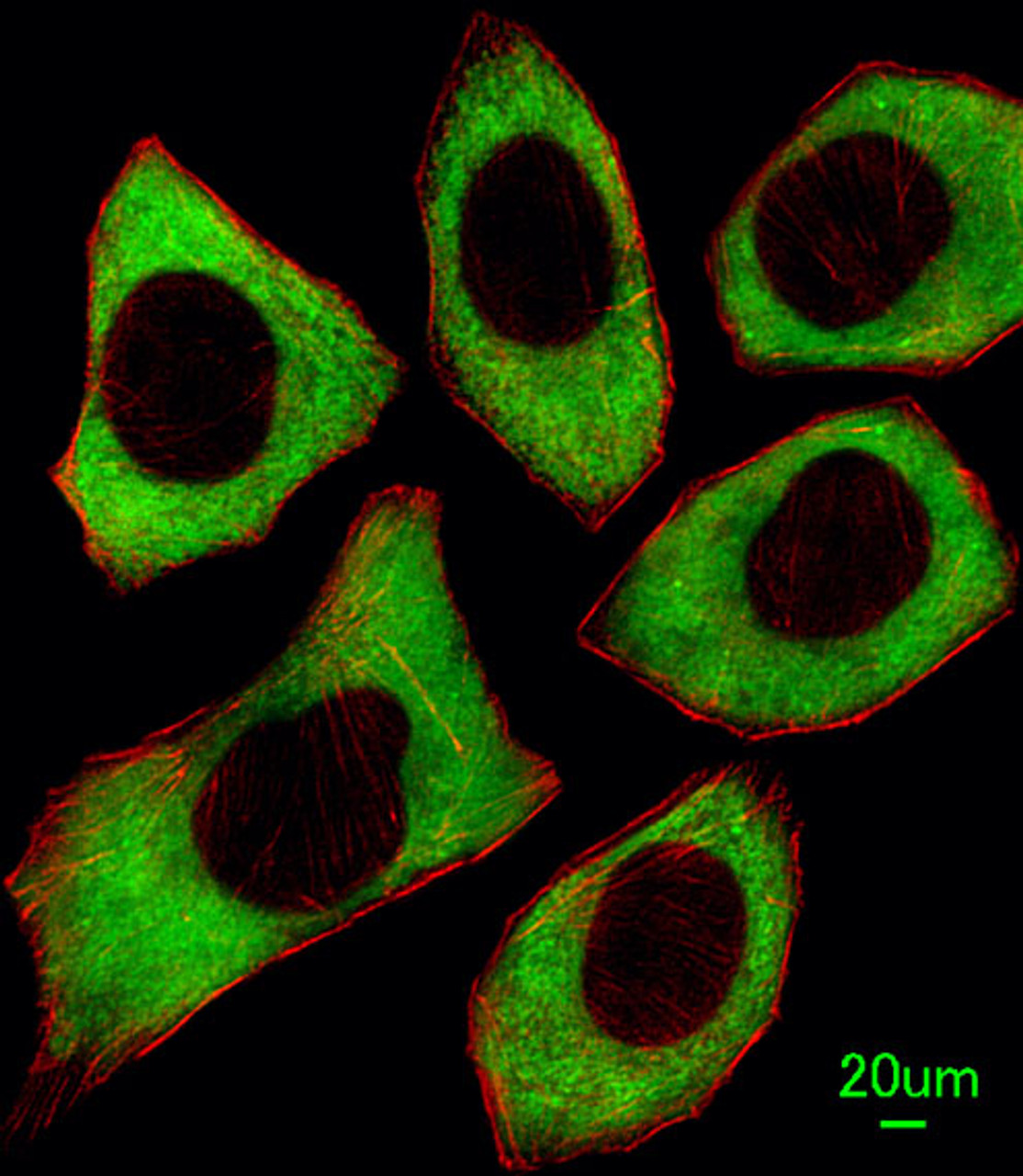Product Description
PTPN6 Antibody | 61-522 | ProSci
Host: Rabbit
Reactivity: Human
Homology: N/A
Immunogen: This PTPN6 antibody is generated from rabbits immunized with a KLH conjugated synthetic peptide between 247-277 amino acids from the Central region of human PTPN6.
Research Area: Cancer, Cell Cycle, Cell Cycle, Signal Transduction
Tested Application: WB, IHC-P, IF
Application: For IF starting dilution is: 1:100
For WB starting dilution is: 1:1000
For IHC-P starting dilution is: 1:10~50
Specificiy: N/A
Positive Control 1: N/A
Positive Control 2: N/A
Positive Control 3: N/A
Positive Control 4: N/A
Positive Control 5: N/A
Positive Control 6: N/A
Molecular Weight: 68 kDa
Validation: N/A
Isoform: N/A
Purification: This antibody is prepared by Saturated Ammonium Sulfate (SAS) precipitation followed by dialysis
Clonality: Polyclonal
Clone: N/A
Isotype: Rabbit Ig
Conjugate: Unconjugated
Physical State: Liquid
Buffer: Supplied in PBS with 0.09% (W/V) sodium azide.
Concentration: batch dependent
Storage Condition: Store at 4˚C for three months and -20˚C, stable for up to one year. As with all antibodies care should be taken to avoid repeated freeze thaw cycles. Antibodies should not be exposed to prolonged high temperatures.
Alternate Name: Tyrosine-protein phosphatase non-receptor type 6, Hematopoietic cell protein-tyrosine phosphatase, Protein-tyrosine phosphatase 1C, PTP-1C, Protein-tyrosine phosphatase SHP-1, SH-PTP1, PTPN6, HCP, PTP1C
User Note: Optimal dilutions for each application to be determined by the researcher.
BACKGROUND: PTPN6 is a member of the protein tyrosine phosphatase (PTP) family. PTPs are known to be signaling molecules that regulate a variety of cellular processes including cell growth, differentiation, mitotic cycle, and oncogenic transformation. N-terminal part of this PTP contains two tandem Src homolog (SH2) domains, which act as protein phospho-tyrosine binding domains, and mediate the interaction of this PTP with its substrates. This PTP is expressed primarily in hematopoietic cells, and functions as an important regulator of multiple signaling pathways in hematopoietic cells. This PTP has been shown to interact with, and dephosphorylate a wide spectrum of phospho-proteins involved in hematopoietic cell signaling.
 Euro
Euro
 USD
USD
 British Pound
British Pound
 NULL
NULL












